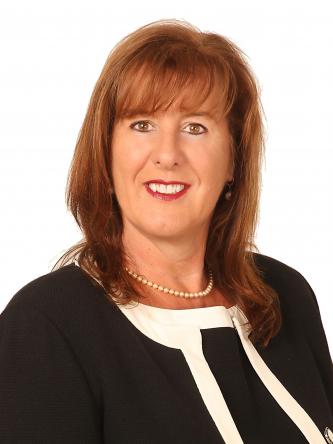
Caroline Vandedrinck, who became SR Technics' senior VP sales on Sept. 1, talks about engine services trends and the outlook for used serviceable materials.
By SR Technics focusing on engine and line maintenance, and getting out of design engineering by the end of the year and reducing its component business, how does this impact engine services?

As the activities we are phasing out have only limited interaction with maintenance, fleet management, end-of-life solutions and parts repair, engine services will be virtually unaffected by the restructuring. Not only will we retain the engine component capabilities our customers have come to rely on during shop visits, our engine operations will in fact be enhanced thanks to our new focus, as the whole company is centered on this core business.
What engine services are your customers requesting now and what are you predicting for the next six months?
Some commercial passenger operators have been delaying heavy shop visits and opting for lighter, tailor-made work scopes to keep costs to a minimum. In that regard, Quick Turn Line services, which we recently launched to provide customers with prompt engine maintenance and reduced operating costs, aligned perfectly with what customers are expecting today.
With winter coming and no end to the COVID-19 crisis yet in sight, we estimate that the needs of these customers will experience little change in the months to come.
When it comes to cargo operators, shop visits have actually been increasing. Due to a lack of cargo space, these operators are flying even more cycles than before. Right now, they are also preparing for the year-end rush, so we are gearing up for a busy few months.
In the next year, do you expect engine service requests/engine builds to be different—for instance, half-life builds and insertion of more used serviceable material
We do indeed expect changes. First and foremost, engine service requests and builds will be most cost-focused than ever before. We also expect to see more USM than usual, in addition to an increase in module swaps, half-life builds and hospital work. At SR Technics, we are ready for these challenges.
When do you expect to see more used serviceable engine material be available in the market? How do you expect pricing to compare to pre-COVID-19 levels for the engine SR Technics services?
The market is definitely expecting a surge in USM, but no one is sure exactly when. In any case, a rise is unlikely until we see real signs of recovery, which will then motivate investors to send engines for part-out and USM harvesting. While pricing on the engines SR Technics services are expected to go lower, key USM materials like high-pressure turbine blades may well remain rare. In fact, the price tags on items like these could even go higher, due to rising demand.
The pandemic has prompted changes, such as the use of more remote inspections. Are there changes such as these that you think will be permanent?
When the outbreak began, we had been working for about a year to launch remote inspections because of the cost and time savings they provide. Right now, almost 100% of our customers are taking advantage of remote inspections because of flight restrictions and the need for social distancing, but we believe that many will continue to choose this convenient option once the COVID-19 crisis is behind us.
Another digital solution that has expanded in recent months is remote training for airline inspectors to provide them with instruction and certification on complex tasks.
MRO solutions are becoming increasingly digital across the board, and though the outbreak accelerated their implementation, we expect this is a trend that will continue.



